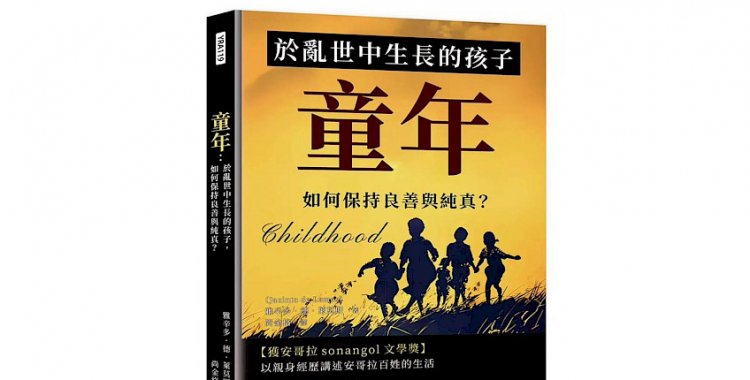This translation, according to the researcher, makes it possible to make Angola known to the Chinese through reading, as well as reinforcing the attraction of tourists and businesspeople from China to Angola.
Thus, among the national works that already have a Mandarin version are "Quem me dera ser onda" (Manuel Rui Monteiro); "Luanda" (Luandino Vieira); "A montanha da água lilás" (Pepetela); "Uanga" (Óscar Ribas); "Nga Muturi" (Alfredo Troni); "Tesouro de Kianda" (Arnaldo Santos); "Estórias do musseque" (Jofre Rocha); "A morte do velho Kipacaça" (Boaventura Cardoso); "Uma vida sem trégua" (António Agostinho Neto); "Essa dama bate bué" (Yara Monteiro); "Bola com feitiço" (Uanhenga Xitu); "Undengue", "A dívida da peixeira" and "Pano preto da velha Mabunda" (all by Jacinto de Lemos).
According to Angop, "O Príncipe medroso" (a collection of short stories by Angolan and other African authors) and "Nós matamos o cão tinhoso" (Mozambican Luís Bernardo Honwana) were also translated by the Chinese researcher.
João Shang – who has lived in Angola for more than 10 years – said that although Angola and China have different "colors and languages", both people are capable of relating and creating bonds.
"Despite the difference in color and language, the Chinese and Angolans are able to relate to each other and create bonds of brotherhood," said the writer, speaking to Angop.
Thus, he gave some examples of activities that fostered this exchange. According to the researcher, last year, Angola-China cultural exchange was "vibrant", mentioning that China-Angola Friendship Day was marked with a visit by journalists, academics and young Angolans to China, with the aim of promoting exchange and friendship between both countries.
He also mentioned the holding of the Chinese Language proficiency competition 'Chinese Bridge', aimed at reading Chinese classics, photography, starting Chinese courses, among others, writes Angop.
Since 2002, he recalled, political collaboration and trade between the two countries have reached their peak, however, he considered that there is still more to be done in terms of collaboration and cultural and educational exchange.







